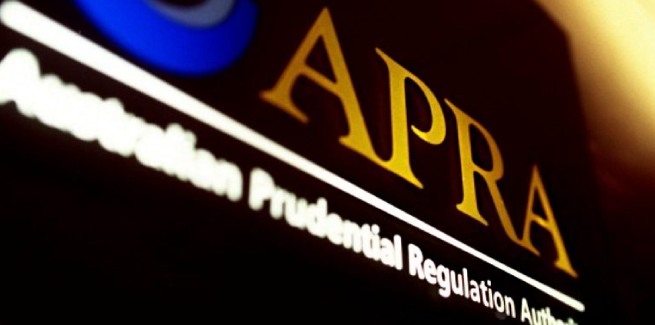The Australian Prudential Regulation Authority (APRA) has formally commenced an investigation into possible breaches of the Banking Act 1959 by Westpac.
APRA has revealed that it will focus on the conduct that led to alleged contraventions of anti-money laundering laws flagged by financial crime regulator AUSTRAC, as well as the bank’s actions to rectify and remediate the issues after they were identified.
According to APRA, the investigation will examine whether Westpac, its directors and/or its senior managers breached the Banking Act – including the Banking Executive Accountability Regime (BEAR) – or contravened APRA’s prudential standards.
APRA claimed that it is aiming to “ensure that fundamental deficiencies in Westpac’s risk management framework are identified and addressed” and that Westpac and those responsible are “held accountable as appropriate”.
In addition, APRA will:
- impose an immediate increase in Westpac’s capital requirements of $500 million to “reflect the heightened operational risk profile of the bank”, which would bring the total operational risk capital add-ons that Westpac is required to hold to $1 billion; and
- initiate an extensive review program focused on Westpac’s risk governance, which will include risk management, accountability, remuneration and culture.
Following the announcement, APRA deputy chair John Lonsdale said: “AUSTRAC’s statement of claim in relation to Westpac contains serious allegations that question the prudential standing of Australia’s second-largest bank.
“While Westpac is financially sound, there are potentially substantial gaps in risk governance that need to be closed.
“Given the nature of the matters raised by AUSTRAC, the number of alleged breaches and the period of time over which they occurred, this will necessarily be an extensive and potentially lengthy investigation.”
According to APRA, the investigation would enable it to exercise legal powers that have been expanded and strengthened since 2017’s CBA Prudential Inquiry, including enhanced investigative powers and the implementation of the BEAR in 2018.
APRA noted that its investigation would be conducted simultaneously with an investigation by the Australian Securities and Investments Commission (ASIC), as well as AUSTRAC’s legal proceedings, with each agency cooperating where appropriate.
Westpac has acknowledged the APRA announcement, adding that it is “committed to co-operating with APRA in all aspects of its investigation and review”.
Westpac Group chairman Lindsay Maxsted commented: “Westpac accepts the gravity of the issues presented by AUSTRAC.
“As previously stated, these shortcomings are unacceptable, and we are determined to urgently fix these issues and lift our standards.
“We will provide our full support to APRA through its investigation and review.”
The bank noted that the additional $500-million operational risk capital requirement, which will be implemented through an increase in risk-weighted assets, will apply from 31 December 2019.
This change is expected to reduce Westpac’s level 2, common equity tier 1 (CET1) capital ratio by approximately 16 basis points, based on the group’s balance sheet as at 30 September 2019.
Since the AUSTRAC allegations, Westpac CEO Brian Hartzer has stepped down along with long-serving board director Ewen Crouch, while chairman Lindsay Maxsted has brought forward his retirement.
The bank has also released its response plan to the matter too, which includes:
- closing its international payments service, LitePay, effective immediately;
- commissioning an “external expert” (Promontory) to independently review Westpac’s financial crime program, including a review of accountability, and report back;
- reviewing all financial crime systems and processes to pursue best-in-class global standards;
- adding a further 200 “resources” to its financial crime team by 2020;
- establishing a dedicated board financial crime sub-committee, chaired by a non-executive director, to oversee the implementation of its enhanced financial crime program;
- investing $25 million to improve “cross-border and cross-industry data sharing and analysis”;
- having the financial crime function report directly to the chief risk officer; and
- investing $34 million to various projects aimed at tackling the online sexual exploitation of children.
[Related: Westpac execs to lose bonuses: Is it enough?]










